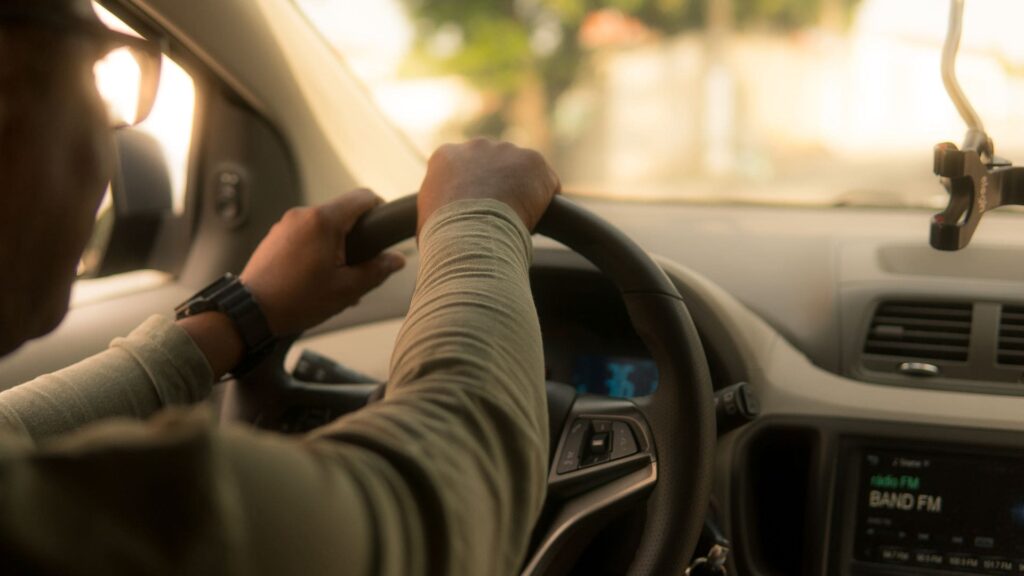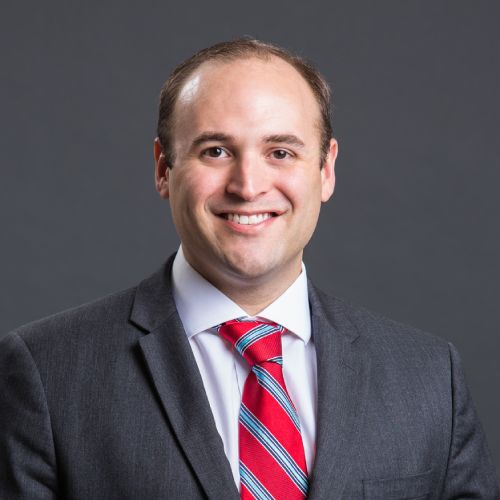
Your recovery begins with the insurance claim process if you were recently injured in a Florida car crash. Florida’s no-fault system requires most drivers to file with their insurer first, regardless of who caused the wreck. This system is not always straightforward, so knowing how to file a car accident claim correctly can help protect your rights and prevent delays.
Florida law requires every driver to carry personal injury protection (PIP) and submit a claim to their PIP provider within 14 days of the crash. Otherwise, you risk losing access to benefits. Even if the other driver was at fault, you must start with your own policy.
Steps to Take Immediately After the Crash
You set the tone for your car injury claim moments after the car crash. Follow these steps to ensure your claim has a strong foundation:
- Call law enforcement and request an official crash report;
- Seek medical attention within the first 14 days, even for minor symptoms;
- Collect contact and insurance details from all involved drivers;
- Take clear photographs of vehicle damage, license plates, and the scene; and
- Save all receipts and records related to towing, repairs, and medical treatment.
These actions create the initial evidence file that your insurer will review. Delays or missing documentation can hurt your car wreck claim before it even starts.
Understanding Florida’s No-Fault Rule
Under Florida car accident law, every motorist must carry PIP coverage with a minimum limit of $10,000. This coverage pays 80% of medical expenses and 60% of lost wages, up to the policy limit, regardless of fault. If your injuries are serious and exceed this coverage, you may be able to pursue additional compensation from the other driver.
Serious injuries that allow you to step outside the no-fault system include:
- Significant and permanent loss of a bodily function;
- Permanent injury within a reasonable degree of medical probability;
- Significant and permanent scarring or disfigurement; or
- Death.
You can file a liability claim against the at-fault driver’s insurance if your case meets this threshold.
Documenting Your Claim with Supporting Evidence
Florida insurers do not pay claims based on your word alone. You must back up your car wreck claim with clear, consistent documentation, such as:
- The Florida crash report from law enforcement;
- Medical records and bills linked to accident-related care;
- Proof of lost wages, such as pay stubs or employer letters;
- Written estimates for car repairs and rental costs; and
- A detailed summary of pain, limitations, and daily impact.
Organizing this evidence helps the adjuster verify your losses and determine whether additional investigation is necessary. Keep copies of everything you send.
What to Expect from the Insurance Company
After you submit your car injury claim, the insurance company has 30 days to pay or deny the request once proof is received. Florida law requires insurers to act in good faith, but disputes still happen, especially in cases with higher damages.
Common reasons for denial or delay include:
- Gaps in treatment or late medical evaluations;
- Conflicting accounts of how the accident occurred;
- Disputes over whether treatment is related to the crash;
- Claims that your injuries are not severe enough to meet the threshold; and
- Allegations that you contributed to the collision.
If you face any of these challenges, continue collecting documents and consider seeking help from someone familiar with Florida insurance law.
Disputes, Denials, and Third-Party Claims
Some car crashes cause injuries that far exceed PIP limits. Others involve drivers with no insurance or coverage that falls short. In these situations, you may need to file a third-party claim against the other driver or turn to your own uninsured/underinsured motorist (UM/UIM) policy.
This part of the process involves different rules. You must still prove fault, document damages, and show that the other driver failed to carry adequate insurance. Florida’s comparative fault system also reduces compensation if you share responsibility for the crash.
Filing a third-party car injury claim may involve depositions, independent medical exams, and extensive negotiations. Properly filing from the start reduces the likelihood that your claim will stall later.
Get Help Filing a Strong Claim from the Start
Florida’s insurance rules can make even straightforward car accident claims harder than they should be. If your injuries are serious or your insurer is delaying payment, you do not have to handle the process alone. The team at James Horne Law, P.A. helps injury victims file complete, timely claims and step outside the no-fault system when needed. To learn more about your options, call us or reach out through our contact form to schedule a free consultation.



